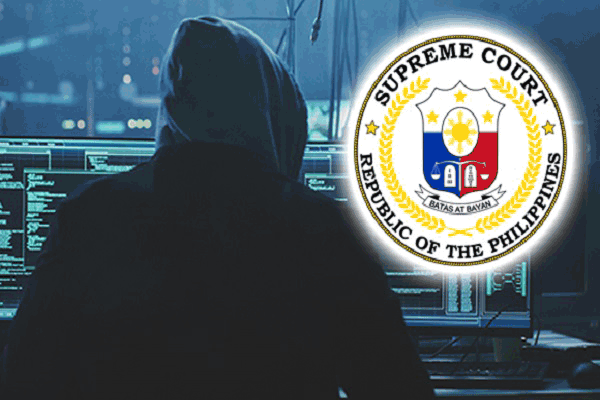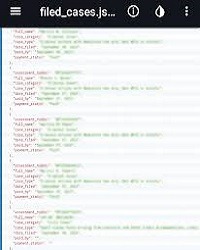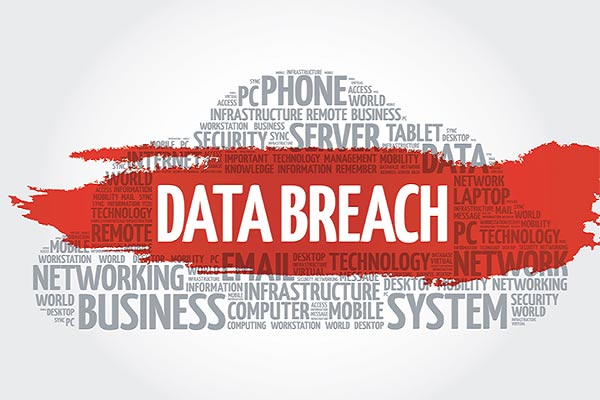Supreme Court of the Philippines Data Breach

On August 27, 2024, a significant data breach struck the Supreme Court of the Philippines, raising serious concerns about the security of sensitive legal information. This incident, which exposed the personal data of over 13,000 individuals, highlights vulnerabilities in the country’s judicial system and underscores the importance of robust cybersecurity measures.
Overview of the Breach
A threat actor known as “grep” reported the breach on an underground forum, claiming responsibility for the attack. The hacker uploaded a database containing sensitive legal data, making it publicly accessible. This data leak has brought to light the pressing issue of cybersecurity within government institutions, particularly those handling confidential legal information.
What the Breach Exposed
The compromised data includes:
- Assessment Numbers: Unique identifiers linked to legal cases and applications.
- Full Names: Personal details of individuals involved in legal matters.
- Case Categories and Types: Information related to the nature of the legal cases.
- Payment Statuses: Details indicating whether fees associated with the cases have been paid.
- Dates Filed and Paid: Key dates related to the processing of legal cases.
The exposed information spans various legal proceedings, including:
- Applications: Posting of Private Bonds, Custodia Legis, Clearance, and Certification Fees.
- Court Cases: Special Civil Actions (e.g., Forcible Entry/Unlawful Detainer), Small Claims Cases, and Criminal Actions with Mediation Fees.
- Other Services: Matters of Violation of Rules and Contempt Proceedings.
Immediate Response from the Supreme Court
Following the breach, the Supreme Court launched an immediate investigation in collaboration with its service providers. As of August 28, 2024, the court stated that it had not found any evidence confirming the breach or indicating that sensitive data was compromised. However, they emphasized the importance of thorough investigations and have committed to conducting additional Vulnerability and Penetration Testing (VAPT) assessments.The court has assured the public of its commitment to cybersecurity, stating that it has always prioritized the protection of sensitive data through rigorous training, access controls, and the implementation of necessary applications and hardware.
Implications of the Data Breach
The exposure of such Philippines Gov sensitive information poses significant risks not only to the individuals involved but also to the integrity of the judicial system. Potential consequences include:

- Identity Theft: Fraudsters can exploit personal information for illegal activities.
- Legal Consequences: The breach may undermine trust in the judicial process, affecting ongoing and future legal proceedings.
- Public Confidence: Repeated data breaches can erode public trust in government institutions.
Moving Forward: Strengthening Cybersecurity
In the wake of this incident, the Supreme Court and other government agencies must enhance their cybersecurity protocols. Here are several steps they can take:
- Conduct Comprehensive Audits: Regular security audits and assessments can help identify vulnerabilities in the system.
- Implement Advanced Security Technologies: Utilizing encryption, firewalls, and intrusion detection systems can bolster data security.
- Enhance Staff Training: Continuous training for employees on cybersecurity best practices can help mitigate human errors that lead to breaches.
- Public Transparency: Keeping the public informed about cybersecurity measures and incidents can help rebuild trust and encourage vigilance.
- Collaboration with Cybersecurity Experts: Partnering with cybersecurity firms can provide additional expertise and resources to strengthen defenses.
Reference: Supreme Court of the Philippines






